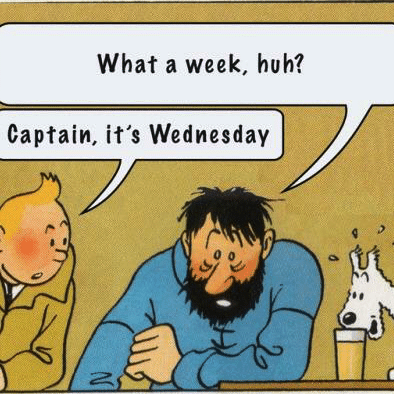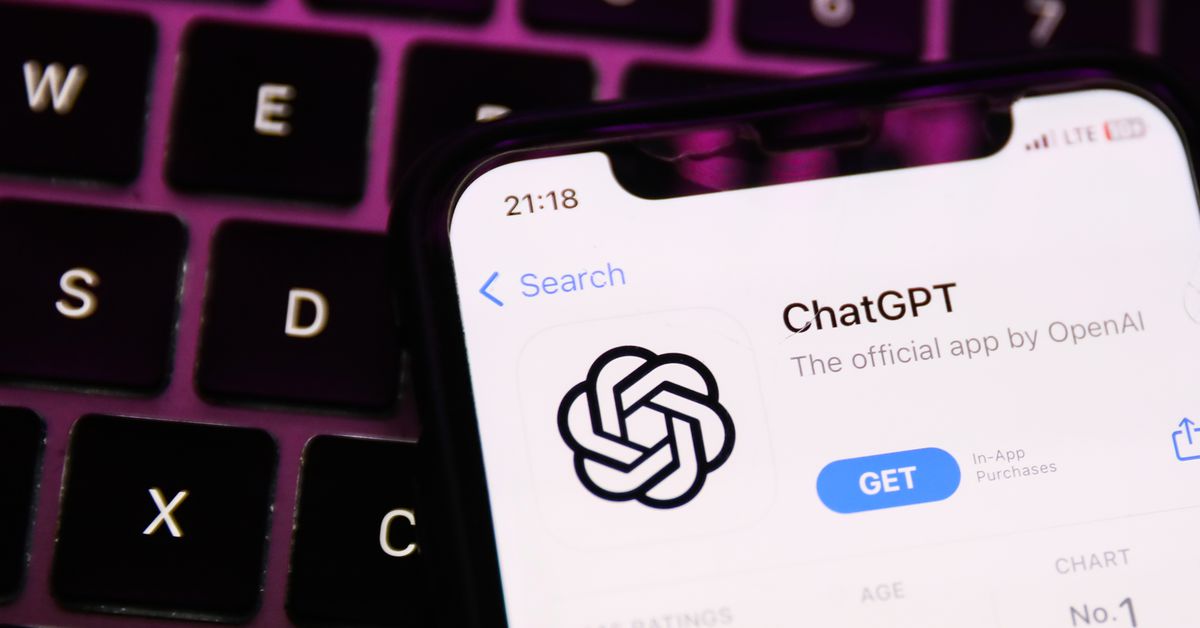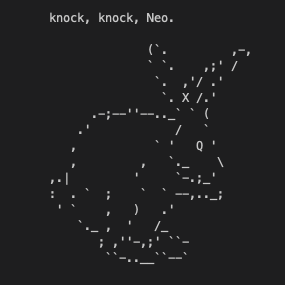
I imagine they’ll settle this at hyperspeed. The absolute last thing anyone in the AI space wants to do is set legal precedents (because then they wouldn’t be getting away with half the shit they’re doing).

I wonder how many times they can do this before they run out of money or patience.

Sooner or later they’re gonna run afoul of The Mouse, and then Mickey’s gonna sic the (legal) Death Star on them. When that happens all these copyright/liability questions are going to get sorted out real fast, and probably not in a way that anybody but Disney will be happy with.

Not gonna lie, this is pretty funny.
Seriously tho, it will be kind of interesting to see how this plays out.

Pretty sure this won’t work. It needs to be made more clear what ChatGPT is and isn’t to people who don’t understand that it’s not a super tool that can read our minds.

OpenAI’s defence would have to be that it’s not reasonable to believe the facts spoken by ChatGPT are truthful or with merit. I’m also not sure if this would fly as it’s not purposeful conduct by the defendant. Will be interested to see how the court weighs it.

Huh….
I wonder how this will be ruled. Can the company really be held accountable for what the AI creates independently?
Kind of an unexplored area.

Doubtful, courts have already ruled AI isn’t a ‘person’ who can create a copyrighted work, thus a non-person can’t be held liable for defamation most likely.
@ElectronSoup @borari @Spitfire that’s just mathwashing:
https://www.mathwashing.com/The tool cannot be liable itself, obviously, but the creators of the tool and those who wield it absolutely can, depending on specific circumstances.
The “AI” does not “create independently”. Just like a script with some randomness built in does not “create independently”. Somebody designed and built the tool, somebody decided what training data to use, somebody decided to deploy it. These people are liable.
The tool cannot be liable itself, obviously, but the creators of the tool and those who wield it absolutely can…
I absolutely agree with you here. The creators of the tool are responsible for its content. I’m a complete supporter of Section 230 in the US, but I absolutely do not think that sort of protection should apply to companies like OpenAI. Their tool created the content, their tool “published” the content, they are responsible for that content.

If so, I think that sets an interesting precedent that could be referenced in copyright claims over AI generated art… For instance, if a Midjourney user generating an image of Mickey Mouse meant Disney could sue Midjourney directly…

[This comment has been deleted by an automated system]

Japan was (to my knowledge) the first country to officially rule on AI generated images with regards to copyright… They deemed it fair game to use copyrighted material in training, but subject to copyright infringement if the AI generates something too close to copyrighted material. It’ll be interesting to see where other countries weigh in on this issue.
Theoretically, someone has to be considered responsible for what an AI does. Especially now that we’re seeing businesses start using AI for things like talking to customers… If they had full immunity against lawsuits for things their AI says, that’d set a really bad precedent; we’ll just have to see where the line gets drawn.




